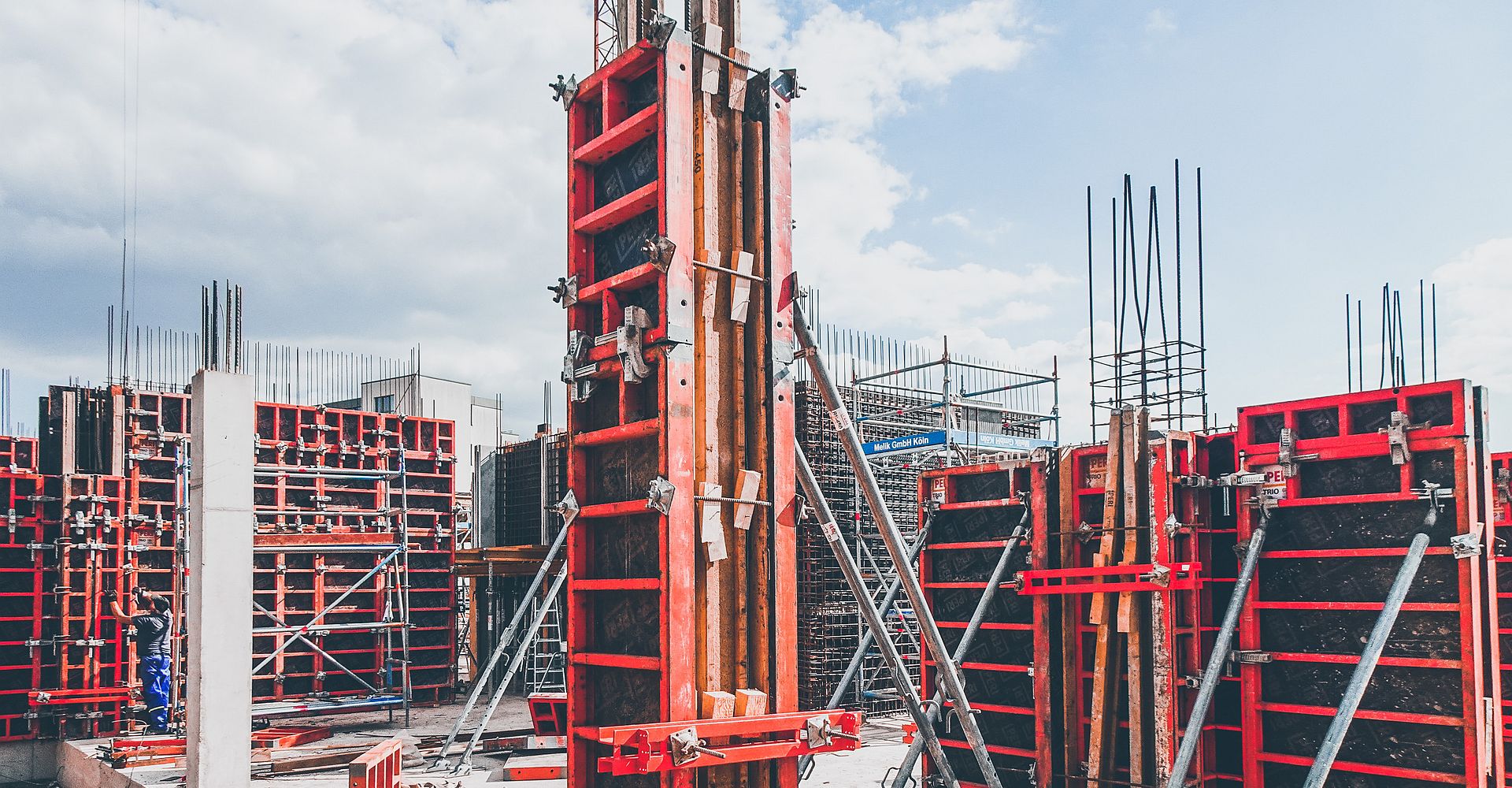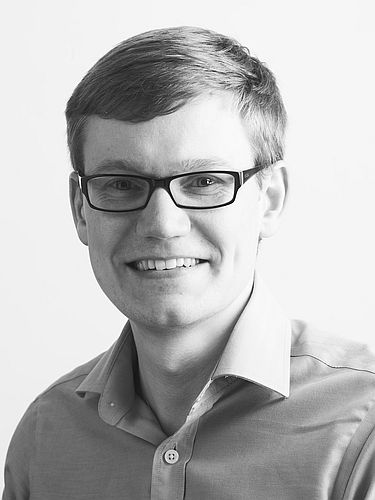Alex Duckworth of AECOM at HITT 2021: Conversions and BIM make sense
 |
| Building sustainably with BIM is the future. Completely demolishing buildings later on simply harms the environment and the climate. / Photo: unsplash di |
Augsburg/London (May 28, 2021). It is no longer the sustainable building alone that is demanded from future (hotel) investors, but its impact on the climate and the entire environment. The focus has changed substantially in recent times. Construction companies, project managers, architects and designers are learning a lot and very quickly at the moment: the goal of pushing emissions to net zero is increasing the competitive pressure, says Alex Duckworth, Principal Consultant Sustainability, Buildings and Places at AECOM - a gigantic service company in the construction sector with 80,000 employees around the globe. At the 4th HospitalityInside Think Tank (HITT) on 13/14 September, he will be taking a look at the bigger picture.
In continental Europe, the name is less familiar. AECOM is an acronym for the specialist areas of Architecture, Engineering, Consulting, Operations and Maintenance. The company has its global headquarters in Los Angeles and its European headquarters in London. It is one of the Fortune 500 companies whose main revenue pillar, the professional services business, achieved a turnover of 13.2 billion US dollars in the 2020 financial year. The provider of technical and support services achieved its current size through various mergers. Geographically, AECOM has a strong presence in the Americas, Asia-Pacific and the Middle East.
Such a global player inevitably is in touch with the hospitality industry, even if this specialised sector is not yet a major weight in the mega-group. In Saudi Arabia, AECOM is currently involved in AlUla, one of the five mega-projects in the country, which will allow soft tourism in the future, including "sustainable resorts". The city of AIUla is one of the oldest in the country; it is a "living museum" of preserved tombs, sandstone formations, historic dwellings and monuments that contain 200,000 years of largely unexplored human history.
 |
|
| Alex Duckworth: The focus is now on the climate, no longer the single building. / Photo: B&W |
Meanwhile, everyday life takes place on a smaller scale. Whereby the keyword "old buildings" immediately brings Alex Duckworth to a critical point in the hospitality industry: In this industry steeped in history, real estate has always been designed and calculated for a long life cycle. Corona has already shaken this rule because weak concepts will not survive and the buildings will therefore become free for conversions.
Does this mean - asked rigorously - that under the new climate targets (including the UNWTO SDGs) old buildings would have to be demolished? "No, that wouldn't be a good option, just a one-sided option," Alex Duckworth immediately qualifies here, "the demolition alone would already cause new carbon." The solution is rather a very cost-focused, reduced (partial) demolition, on which one can build again in a new and CO2-neutral way.
Competition forces investment
How inclined are investors to get involved in sustainable projects? Alex Duckworth and his team colleagues have observed that knowledge about climate, emissions and new energies has increased significantly in recent months. Institutional investors (from the UK) in particular have built up enormous in-house know-how on this complex of topics. Such "early adopters" follow market developments very closely: "They have to set priorities in their investments and adapt early on in order to remain competitive," says Duckworth.
But construction companies, project managers, architects and designers also see the need to rethink. Sustainability certificates will retain their value for the time being, but in the medium term they too will certainly have to expand their audit radius. "These labels consider a wide range of sustinability issues including the impact of the building on the building's occupants, now the public’s focus has shifted to drastically reduce the building's carbon footprint on the climate," says Duckworth, adding, "The message on climate is simple, but hard to implement." There is a lot of movement around sustainability at every conceivable level at the moment. AECOM also advises governments - and they will certainly demand many standards in the future, one is sure.
| JOIN Alex Duckworth, Principal Consultant Sustainability, Buildings and Places, on the first day of the HospitalityInside Think Tank: on 13 September at 15.00 h (CET)! His HITT impulse: How is design and construction evolving to create more sustainable hotels, and transform aged buildings? How do sustainable buildings influence costs and concepts, where are the barriers in sustainable material? Alex Duckworth' vita can be found here. |
|
BIM, the platform for automobiles and hotels
According to the AECOM expert, a new tool that will also strongly influence the hospitality industry is BIM, Building Information Technology. The digital capture or conception of a building in 3D is only one dimension, the challenge is to connect the building with the content concept - i.e. the connection between data and information, for the benefit of the investor as well as the operator/guest. There are now, says Duckworth, many levels of BIM to varying degrees of detail. AECOM have over 200 active users within the UK and it is a core area of development for building desingers.
"BIM is already an accepted tool," says Duckworth, "but ultimately only as long as there is money to invest in this will we see the benefits." Covid-19 is therefore likely to delay acceptance on a large scale.
"The hotel industry is also ready for BIM," he says. BIM is just as important for this sector as it is for office and retail property. Digital capture will lead to modular and flexible construction in the future and to the faster application of the Circular Economy, the circular economy of materials and energy. Furthermore, BIM has another advantage: once the standards have been set for a new hotel building, this model can be easily and quickly multiplied.
This is an ideal prerequisite for hotel concepts "made for investors", of which there have been many in the hotel world in recent years. BIM can support a reliable ROI for any standardised concept; guests, however, could possibly be confronted with building shells that always look the same and are interchangeable... / map
The big topic of the HospitalityInside Think Tank 2021:
SUSTAINABILITY & DIGITALISATION: THE CHANGE DRIVERS.
The Decade of Action: How Sustainability leads the agenda,
how Digitalisation enables it.
You can find the complete programme directly on www.hitt.world or in the attached pdf below.
On the HITT website you will always see all updates, as well as detailed information about the other impulse speakers and all sponsors.
And here you go directly to the registration!
SAVE THE DATE:
HITT, the HospitalityInside Think Tank 2021
on 13/14 September in Munich,
live in a relaxed co-working space and virtually,
in English language
WE WOULD LIKE TO THANK THE SPONSORS OF THE HITT 2021:
 |
| HITT Think Tank 2021 Programme as of June 23 | |

|
|
|
|
|
Continuative Links:
- May 21, 2021 Mercilessly transparent: HITT, the HospitalityInside Think Tank 2021 - Fflur Roberts, Euromonitor, analyses the Sustainable Natives
- 7.5.2021 The Power Package Digitalisation and Sustainability - The HITT Think Tank 2021 launches in hybrid form in Munich: Register now
To print this article you have to be registered and logged in for newsletter, visitor or subscription.



